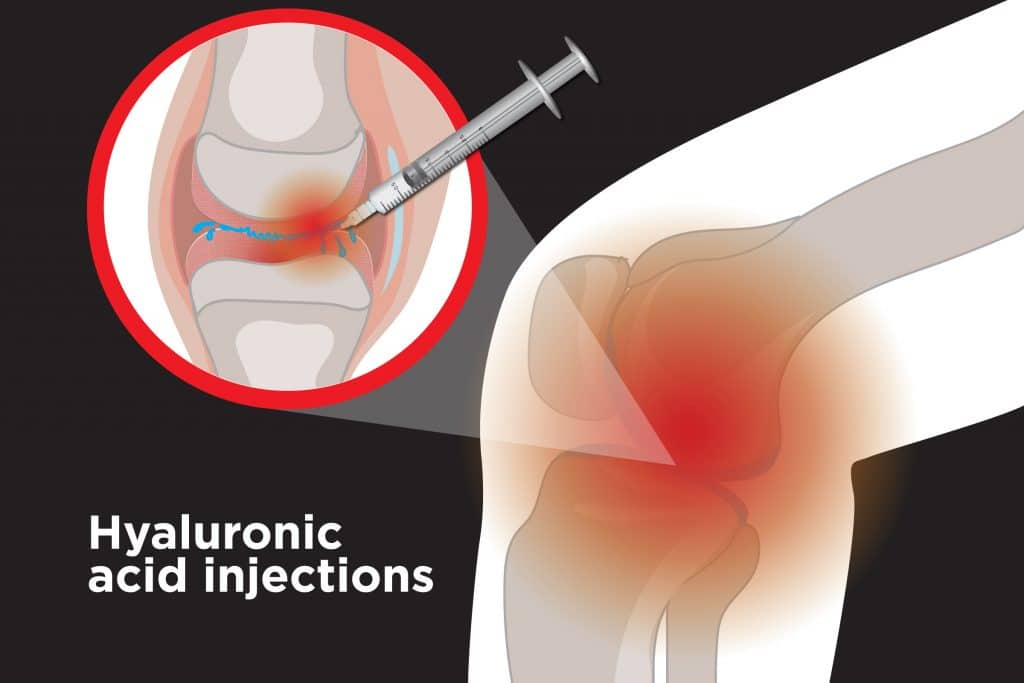Pain management specialists—physicians who specialize in the examination, diagnosis, and treatment of pain—have extensive training that qualifies them as the finest source of therapy for any form of pain caused by sickness or injury.
These doctors complete a standard residency, a one-year fellowship in pain management, and board certification in a field like cancer pain or sports injuries.
A pain management specialist understands the physiology of pain and can identify complex pain disorders through specific testing.
Pain management specialists advise on the best drugs and methods for pain relief. Although opioids can help with some types of pain, they should not be used as the first line of treatment.
Numerous minimally invasive techniques (nerve blocks and spinal injections), physical therapy, and non-opioid treatments allow patients to resume their normal daily activities without the use of opioids.
Although the specialists are not the most common pain management physicians seen by patients, they are in high demand due to their expertise in pain management. Although patients in pain seek a variety of treatments to improve their condition, pain management specialists.
However, most pain management specialists focus their time and skills on helping people with chronic pain, whose needs can be hard to figure out and who may need months or years of different treatments to get better.
Low back, knee, head, hip, and neck pain are the most frequent complaints that patients of pain management specialists report. These doctors frequently treat illnesses including arthritis, fibromyalgia, migraines, sciatica, and others.
However, what does pain management truly entail for physicians?
They first identify the precise source of your discomfort and the underlying problems that contribute to it. Consider back discomfort as an example. A herniated disc, bad posture at your workstation, a degenerative disease like arthritis, or any number of other disorders might be to blame.

A pain management physician can choose the therapy that is most effective for you after diagnosing your pain using their specialist skills and the most recent studies. In reality, pain management specialists often do their own clinical trials and research on patients who don’t respond to standard therapy.
A variety of nonsurgical and interventional treatments are frequently used by pain specialists along with complementary therapies to help patients use fewer medications or avoid surgery. Massage, acupuncture, exercise, yoga, meditation, physical therapy, dietary adjustments, and chiropractic treatment are a few examples.
Additionally, they could recommend painkillers such as antidepressants, muscle relaxants, or nonsteroidal anti-inflammatory medicines (NSAIDs). They may also advise epidural steroid injections, nerve blocks, joint injections, radiofrequency ablation, spinal cord stimulation, or neuromodulation, depending on the severity of your particular disease. If none of these approaches is successful in reducing your discomfort, surgery may be a last-resort choice.
In any event, your pain management physician will arrange for the care to be provided by other medical practitioners. Additionally, he or she will continue to provide you with continuing treatment for any medical or psychological issues you might have. Your doctor for pain management is like a friend who wants to help you feel better.
A medical doctor (M.D.) or doctor of osteopathic medicine (D.O.) who specializes in pain medicine is referred to as a “pain doctor,” “pain specialist,” or “pain management expert.”
Doctors that specialize in pain management have received specific training to assess, identify, manage, and prevent a wide range of pain conditions. These highly qualified medical professionals treat pain sufferers on a continuous basis and coordinate therapy in addition to diagnosing issues. Patients with chronic pain who have had symptoms for three months or longer are the ones they treat the most frequently.
A doctor who specializes in pain management is knowledgeable about the physiology of pain and can identify complicated pain disorders by using specific testing. Specialists in pain management recommend the right drugs and methods to relieve pain.
Although some forms of pain may be managed with opioids, they shouldn’t be used as the initial course of treatment. Numerous minimally invasive techniques (nerve blocks and spinal injections), physical therapy, and non-opioid treatments provide a return to regular daily activities without the need for opioids.
A treatment strategy for pain control is created by a pain management professional. The pain management physician enables patients to swiftly resume regular activities without surgery or a significant reliance on drugs. To satisfy all of the patient’s demands, the pain management doctor frequently coordinates care with a group of medical specialists. This group of experts might include:
- Physiatrists
- Anesthesiologists
- Internists
- Oncologists
- Experts in surgery
- Psychiatrists
- Psychologists
- Nurses
- Occupation-based therapists
- Therapists for the body
In addition, the patient’s capacity for function and general quality of life are closely monitored by the pain treatment professional. To do this, they treat the entire patient rather than just one bodily region.
Even though a primary care doctor can and should help in some situations, they will likely send their patient to a chronic pain doctor for more severe pain.
Following general residency, a doctor who specializes in pain management completes a one-year fellowship. They have board certification in their particular area of expertise.
What Qualities Should a Pain Management Doctor Have?
Finding a pain specialist who has the experience and skills to help you with your pain problem and with whom you connect is the most important factor to consider.
Pain doctors today need more education than they did in the past because many types of chronic pain require complicated treatment plans and specific procedures.
A doctor can become board-certified in pain treatment by the American Board of Anesthesiology, the American Board of Psychiatry, the American Board of Neurology, or the American Board of Physical Medicine and Rehabilitation if they are board-certified in their primary specialty and have finished an accredited fellowship. Only these three board certifications for pain management are recognized by the American College of Graduate Medical Education (ACGME).
How Can I Get a Doctor’s Referral for Pain Management?
The best approach to getting referred to a specialist in pain management is via your primary care physician. Most pain doctors maintain regular contact with their patients’ primary care physicians to ensure that their patients receive the best care possible.
Additionally, doctors that deal with other forms of pain issues, including surgeons, neurologists, oncologists, and other specialist.
What Indicates a Need for Pain Management?
Being in constant pain may be difficult on both an emotional and physical level. There are several therapies that can be helpful. If you suffer from any of the following pain-related symptoms, it is imperative that you schedule an appointment with your primary care physician:
- An ache that is still there after two to three weeks
- A form of pain that causes people to become more stressed, anxious, or depressed
- Is a painful condition that prevents relaxation
- You are unable to engage in activities or exercise the way you used to
- The pain-controlling therapies of the past are no longer effective
Consult the specialists at Pain Specialists of Pain Therapy Care in Brooklyn, New York, to learn more about how a pain management physician may help you conquer your pain concerns. Every day, we assist patients just like you. Start the conversation about an appointment now or submit an online appointment request.




